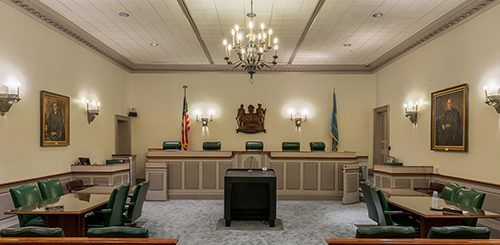2022 Delaware Entity Statutory Amendments
On August 1, 2022, the 2022 amendments to Delaware’s entity statutes went into effect. These included amendments to the Delaware General Corporation Law (the “DGCL”), the Delaware Limited Liability Company Act (the “LLC Act”), the Delaware Revised Uniform Limited Partnership Act (the “DRULPA”), the Delaware Revised Uniform Partnership Act (the “DRUPA” and together with the LLC Act and the DRULPA, the “Alt Entity Acts”) and the Delaware Statutory Trust Act (the “DSTA”). Descriptions of some of the more notable amendments...




